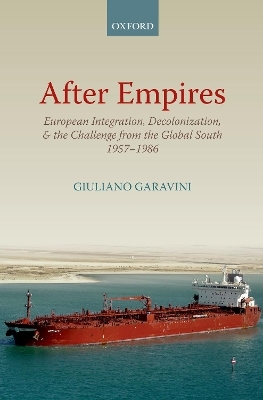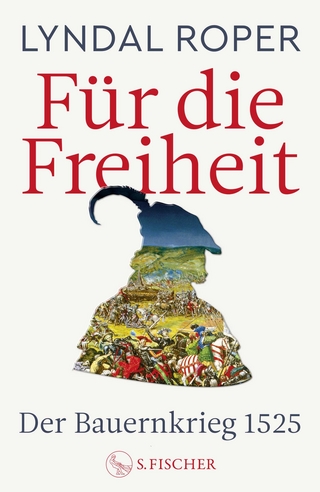
After Empires
Oxford University Press (Verlag)
978-0-19-886771-5 (ISBN)
After Empires describes how the end of colonial empires and the changes in international politics and economies after decolonization affected the European integration process. Until now, studies on European integration have often focussed on the search for peaceful relations among the European nations, particularly between Germany and France, or examined it as an offspring of the Cold War, moving together with the ups and downs of transatlantic relations. But these two factors alone are not enough to explain the rise of the European Community and its more recent transformation into the European Union.
Giuliano Garavini focuses instead on the emergence of the Third World as an international actor, starting from its initial economic cooperation with the creation of the United Nations Conference for Trade and Development (UNCTAD) in 1964 up to the end of unity among the countries of the Global South after the second oil shock in 1979-80. Offering a new - less myopic - way to conceptualise European history more globally, the study is based on a variety of international archives (government archives in Europe, the US, Algeria, Venezuela; international organizations such as the EC, UNCTAD, and the World Bank; political and social organizations such as the Socialist International, labour archives and the papers of oil companies) and traces the reactions and the initiatives of the countries of the European Community, but also of the European political parties and public opinion, to the rise and fall of the Third World on the international stage.
Giuliano Garavini teaches International History at Roma Tre University in Rome. His main research interests include European integration, decolonization, and global struggles over natural resources. He has taught classes at various universities and institutions, including the Graduate Institute in Geneva, the European University Institute in Florence, and NYU Abu Dhabi. He has published on the interconnection between European integration and decolonization (After Empires, 2012), and on the global history of petroleum and of energy, in particular on the origins and significance of the 1973 'oil shock' (Oil Shock: The 1973 Crisis and its Economic Legacy, 2016) and on the 'counter-shock' in 1986 (Counter-Shock: The Oil Counter-Revolution of the 1980s, 2018).
Introduction
1: The Third World and the Creation of UNCTAD
2: The Myopia of the European Community
3: Empires and Shopping Malls
4: The Developing Countries' "Most Favoured Partner"
5: The Year of Oil
6: North-South Dialogues
Epilogue: In the Name of Global Competition
| Erscheinungsdatum | 28.04.2021 |
|---|---|
| Reihe/Serie | Oxford Studies in Modern European History |
| Übersetzer | Richard R. Nybakken |
| Verlagsort | Oxford |
| Sprache | englisch |
| Maße | 155 x 235 mm |
| Gewicht | 462 g |
| Themenwelt | Geschichte ► Allgemeine Geschichte ► Neuzeit (bis 1918) |
| Geisteswissenschaften ► Geschichte ► Regional- / Ländergeschichte | |
| Geschichte ► Teilgebiete der Geschichte ► Wirtschaftsgeschichte | |
| ISBN-10 | 0-19-886771-9 / 0198867719 |
| ISBN-13 | 978-0-19-886771-5 / 9780198867715 |
| Zustand | Neuware |
| Informationen gemäß Produktsicherheitsverordnung (GPSR) | |
| Haben Sie eine Frage zum Produkt? |
aus dem Bereich


